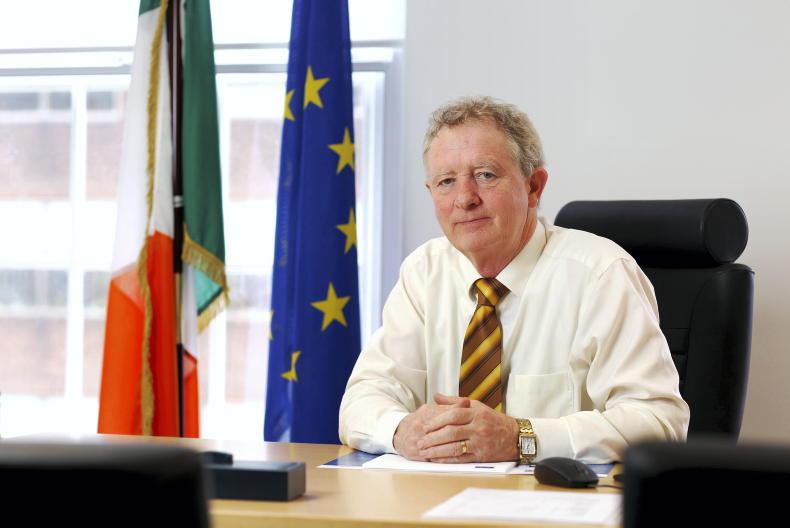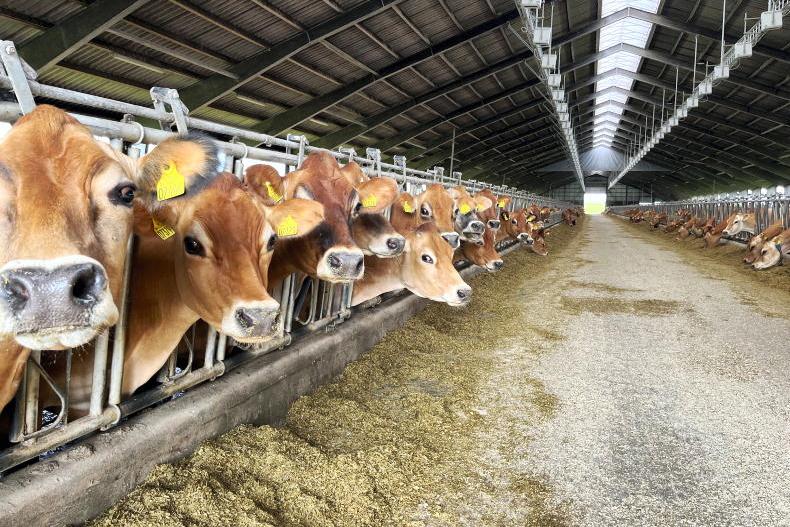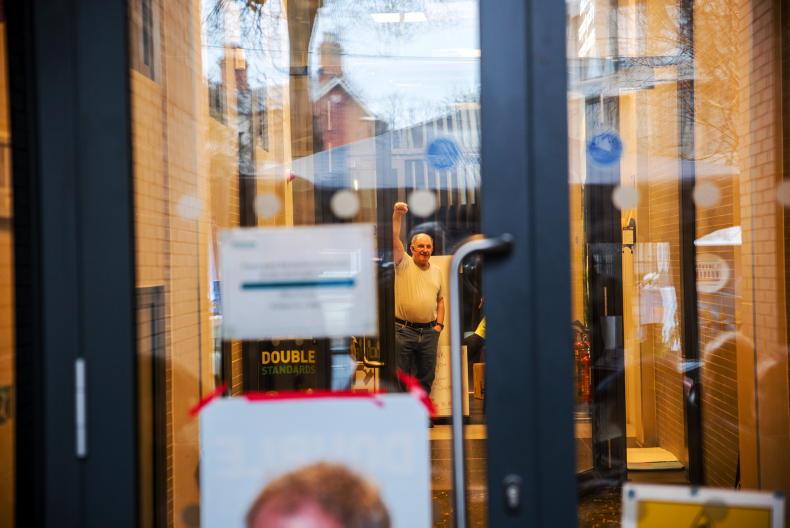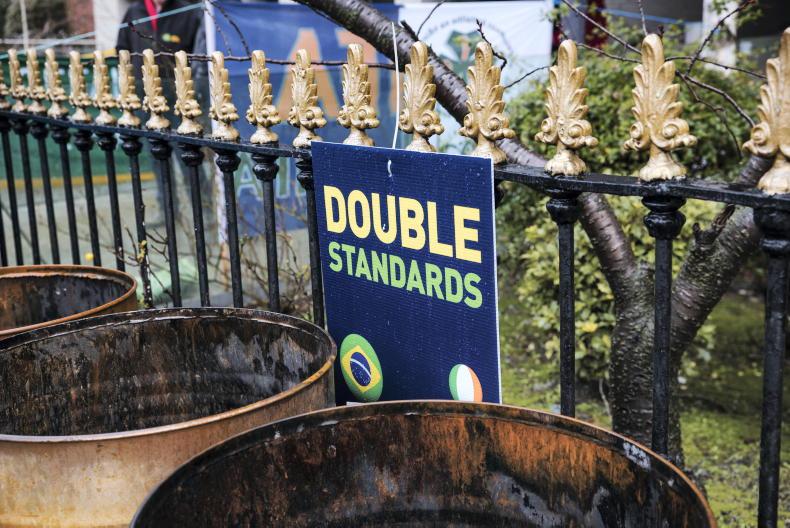Where did you start?
I grew up and worked on the family farm in south Tipperary and following graduation I joined the IFA as liaison officer in 1978. After completing a masters, I served as an assistant to Mark Clinton MEP and became part of the IFA economics team under Con Lucey in the Irish Farm Centre and remained there until 1984.
Next stop Brussels
The opportunity to head the IFA Brussels office came in 1984, which meant relocation to the nerve centre of policy formation that affected Irish farmers.
I remained in the position for five years until the opportunity came along unexpectedly to join the European Commission. I was assigned to agriculture where I became the Commission’s spokesperson on agriculture.
Ray McSharry was the commissioner at the time and my role was with the Commission, not part of the McSharry team specifically, though he didn’t always accept that!
McSharry CAP reforms
These were controversial at the time but the EU had to do something as we were overflowing with agricultural commodities from Butter Mountains to wine lakes.
Climate change will shape policy for years to come and farmers should be on the offensive, shaping policy, not dragged along
It was like turning a super tanker policy wise but in time was regarded as good for farmers and it allowed us comply with the GATT requirements for supporting farmers. In fact, parallels could be drawn with the Farm to Fork strategy today. Climate change will shape policy for years to come and farmers should be on the offensive, shaping policy, not dragged along.
You worked under three commissioners?
Yes, after McSharry, it was René Steichen and then Franz Fischler who led the next big CAP reform towards decoupled payments. It was a turbulent period to put it mildly, with BSE coming to a head in 1996 and the beef export ban on the UK.
This caused British beef to be excluded from the EU market for the following 10 years, and was particularly tough on Northern Ireland, which was well established in EU markets. It also became an issue for other EU countries including Ireland.
On to Washington
After nine years in the Commission, it felt time for a change and the opportunity came along to serve as agriculture counsellor in the US, in some ways out of the frying pan into the fire. The EU was under pressure at the World Trade Organisaiton (WTO) on using exporting refunds to sell agricultural produce outside the EU and farm subsidies. GMOs were an issue where we could never get the US to understand how the EU was constrained by public opinion.
Back to Brussels, then home
The Washington post was a three-year term and then it was back to Brussels and working with member states on the waiting list to join the EU.
When the opportunity came to head the EU office in Dublin, I thought it might be a handy posting but that was before Brexit.









SHARING OPTIONS